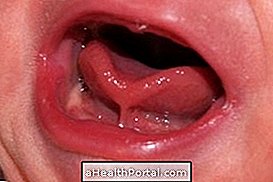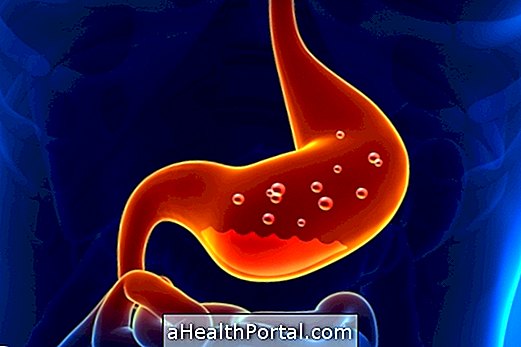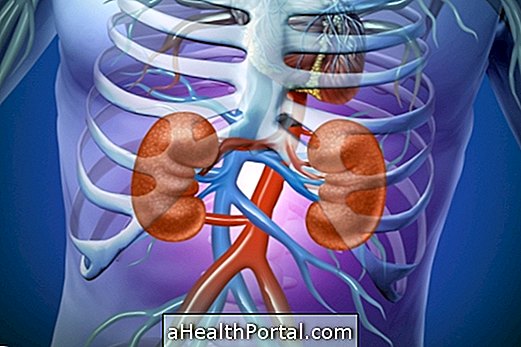Alzheimer's disease, also known as Alzheimer's, is a degenerative disease of the brain, and its early signs and symptoms are related to changes in memory, which are subtle and difficult to notice at first, but are getting worse over months years.
This disease is more common in the elderly, and the course of symptoms can be divided into 3 phases, which are mild, moderate and severe, and some initial clinical signs are changes such as difficulty in finding words, not knowing whether to locate in time or where lack of initiative, for example.
However, the symptoms of different stages can mix and duration in each stage may vary from person to person. In addition, the disease can also occur in young people, a rare and rapidly evolving condition known as early, hereditary or familial Alzheimer's. Learn how to identify early Alzheimer's.
1. Early stage of Alzheimer's
At the initial stage, symptoms such as:
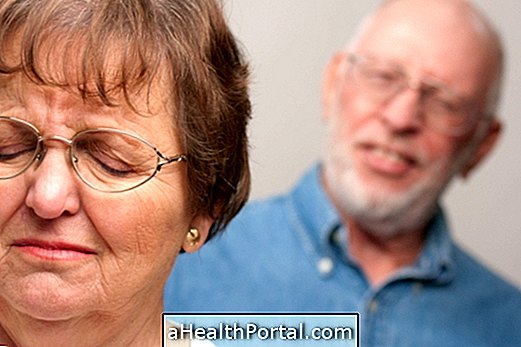
- Changes in memory, especially difficulty remembering recent events, such as where he kept the house keys, the name of someone or a place where he was, for example;
- Disorientation in time and space, having difficulty finding the way home or not knowing the day of the week or the season of the year that is;
- Difficulty making simple decisions, such as planning what to cook or buy;
- Constantly repeat the same information, or ask the same questions ;
- Loss of will to perform activities of the day-to-day;
- Loss of interest in activities you used to do, such as sewing or calculating;
- Behavior change, usually getting more aggressive or anxious;
- Mood changes with moments of apathy, laughter and crying in certain situations.
At this stage, memory change happens for recent situations, and memory of old situations remains normal, making it harder to realize that it may be a sign of Alzheimer's.
Thus, when these changes are perceived, it should not be associated only with normal aging, and it is advised to go to the geriatrician or neurologist for evaluations and tests of memory that can identify more serious alterations.
If you suspect someone close to you has this condition, answer the questions in our quick Alzheimer's test.
2. Moderate Alzheimer's phase
Progressively the symptoms begin to be more evident and they can arise:

- Difficulty cooking or cleaning the house, leaving the stove on, putting raw food on the table or using the wrong utensils to clean the house, for example;
- Inability to do personal hygiene or forget to clean yourself, using the same clothes constantly or walking dirty;
- Difficulty communicating, not remembering words or saying nonsense sentences and presenting little vocabulary;
- Difficulty reading and writing;
- Disorientation in known places, getting lost inside the house, urinating in the garbage basket, or confusing the rooms;
- Hallucinations, like hearing and seeing things that do not exist;
- Behavior changes, becoming very quiet or overly agitated;
- Always be very suspicious, especially of robberies;
- Sleep changes, being able to change the day by night.
At this stage, the elderly person becomes dependent on a relative to take care of, because he can no longer do the day-to-day tasks due to all the difficulties and mental confusion. In addition, it is possible to start having difficulty walking and having sleep disorders.
3. Alzheimer's Advanced Phase
In the most severe phase, the previous symptoms are present more intensely and others appear, such as:

- Do not store any new information and do not remember old information;
- Forget familiar relatives, friends and places, not identifying the name or recognizing the face;
- Difficulty in understanding what happens around you;
- Have urinary incontinence and stool;
- Difficulty swallowing food, may have gagging or take too long to finish a meal;
- Present inappropriate behavior such as belching or spitting on the floor;
- Losing ability to make simple movements with arms and legs, like eating with a spoon;
- Difficulty walking, sitting or standing, for example.
At this stage the person may lie down or sit all day and, if nothing is done to stop it, the tendency is that it will become more and more fragile and limited. Thus, you may need to use a wheelchair or even stay in bed, becoming dependent on other people to perform all tasks, such as bathing or changing diapers.
How to confirm if it is Alzheimer's
To diagnose Alzheimer's, you should consult your geriatrician or neurologist who can:
- Assess the person's clinical history and observe the signs and symptoms of the disease;
- Indicate the performance of examinations such as MRI, CT scan and blood tests;
- Do memory tests and cognition such as the Mini Mental State Exam, Clock Test and verbal fluency test.
These evaluations may indicate the presence of a memory impairment, as well as exclude other diseases that can also cause brain changes such as depression, stroke, hypothyroidism, HIV, advanced syphilis or other degenerative brain diseases, for example.
If Alzheimer's disease is confirmed, treatment will be indicated with medicines to limit the progression of the disease, such as Donepezil, Galantamine or Rivastigmine, for example. See more details on treatment options for Alzheimer's disease.
In addition, activities such as physical therapy, occupational therapy, physical activity and speech therapy are done to help maintain independence and ability to perform activities as long as possible.

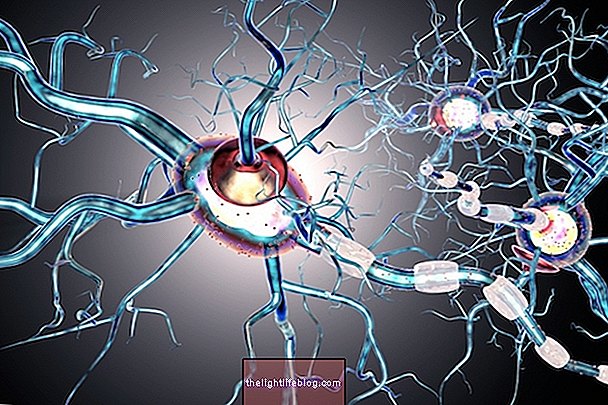

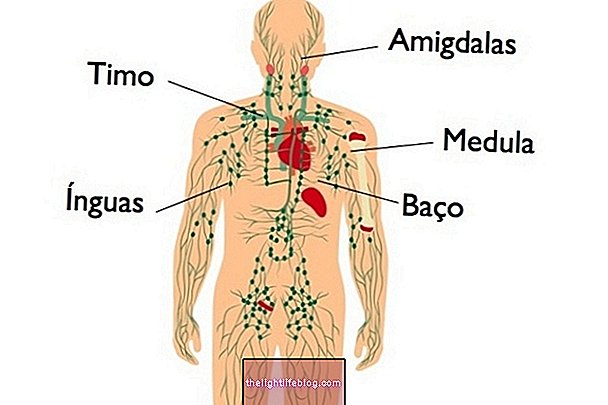
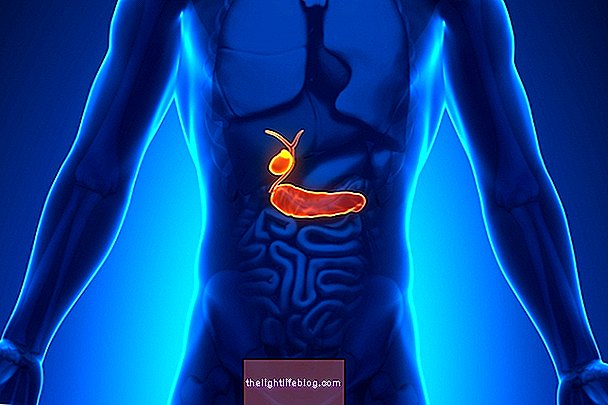


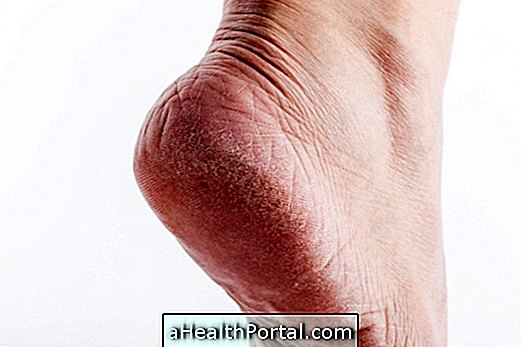




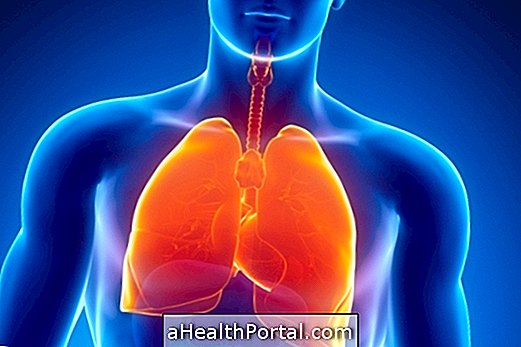
.jpg)
